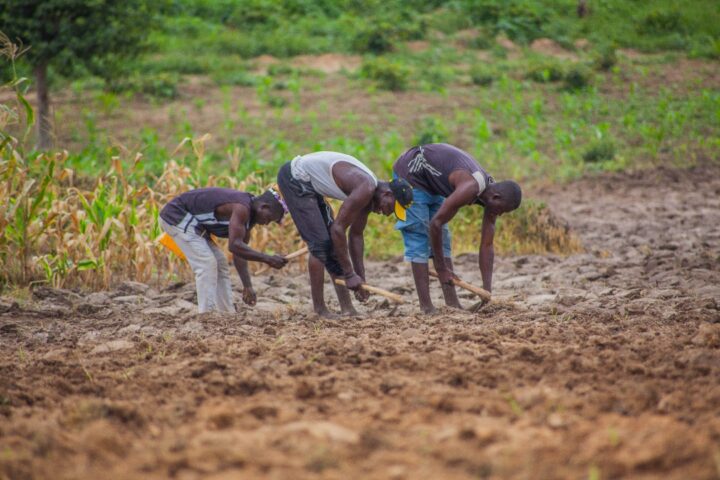The Central Bank of Nigeria (CBN) has flagged off the Nigerian Brown Revolution, an intervention programme to boost wheat production in the country.
Godwin Emefiele, CBN governor, said the apex bank decided to extend the gains recorded in rice and maize value chains to wheat production.
Emefiele, represented Edward Adamu, deputy governor, corporate services directorate said this on Tuesday in Jos, Plateau state capital, during the unveiling ceremony of the programme.
He said the initiative sought to reduce wheat importation by 60 percent in two years and ultimately eliminate wheat importation or reduce it to an insignificant contributor to the country’s total food import bill.
Advertisement
He said the programme would benefit over 150,000 farmers.
He also said the programme would be implemented in 15 states on about 180,000 hectares of land.
Emefiele said the apex bank sought to save $2 billion spent on importing five million metric tons of wheat annually through the intervention.
Advertisement
“Wheat is the third most widely consumed grain in Nigeria after maize and rice. It is estimated that the country only produces about one per cent (63,000 metric tons) of the 5-6 million metric tons of the commodity consumed annually in Nigeria,” he said.
“This enormous demand-supply gap is bridged with over $2 billion spent annually on wheat importation. This has made wheat the second highest contributor to the country’s food import bill.”
He said that unless the issue was addressed, the increasing demand would add more problems to the country’s reserves.
“Given the high growth rate of the country’s population and the demographic structure, the demand for wheat is projected to continue to rise. This can only intensify pressure on the country’s reserves unless we take a decisive step to grow wheat locally,” Emefiele said.
Advertisement
He said the programme was expected to add about 2,000 metric tons of seeds to the nation’s national seed stock and potentially add 750,000 metric tonnes of wheat to national output annually through rain-fed wheat cultivation in Plateau, Mambila Plateau and Obudu Plateau in the short-term.
“The CBN will not rest on its oars as we continue to work with our partners, Lake Chad Research Institute (LCRI), to expand the frontiers of wheat production in Nigeria to areas like Oyo, Kogi and Kwara states,” he added.
“The wheat fields you are seeing here today are historic and further underscore the enormous potentials in our agricultural landscape.
“We are hopeful that with the right technology and agronomic practices, we can change the narratives and develop two wheat cropping cycles to support an aggressive drive to bridge the wheat demand-supply gap in Nigeria.”
Advertisement
According to the National Bureau of Statistics (NBS), wheat was the second most imported product in Q2 2021 — with huge scarce foreign exchange spent on importing the commodity.
Advertisement
Add a comment






